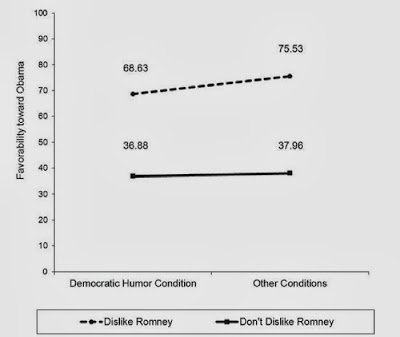Partisan Media and Political Polarization? Findings from the Pew Research Center
There's been a lot of discussion regarding the findings in the Pew Research Center's new report on Political Polarization & Media Habits. The full report , released on October 21st is part of Pew's larger American Trends Panel exploring national political trends and polarization in particular. While the report suggests that both consistent liberals and consistent conservatives (e.g., those at opposite or polar ends of the ideological spectrum) are selecting media content that aligns with their political views, the findings also suggests that social media platforms are enabling exposure to diverse points of view. While conservatives are relying heavily on FOX News , consistent liberals are opting for outlets like The New York Times , NPR , Slate , and political comedy offerings like The Daily Show with Jon Stewart and The Colbert Report . These extreme partisans tend to be the loudest voices or the biggest sharers of news content via social media. Interestingly, whi...





